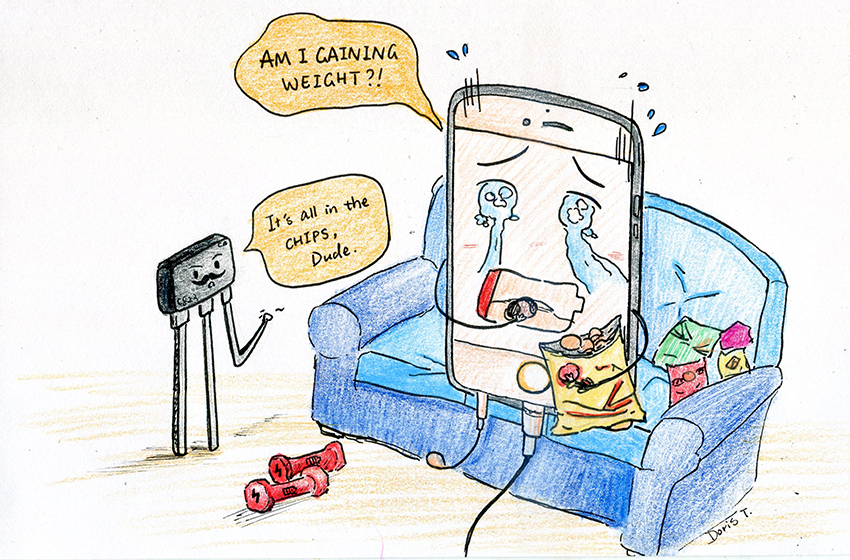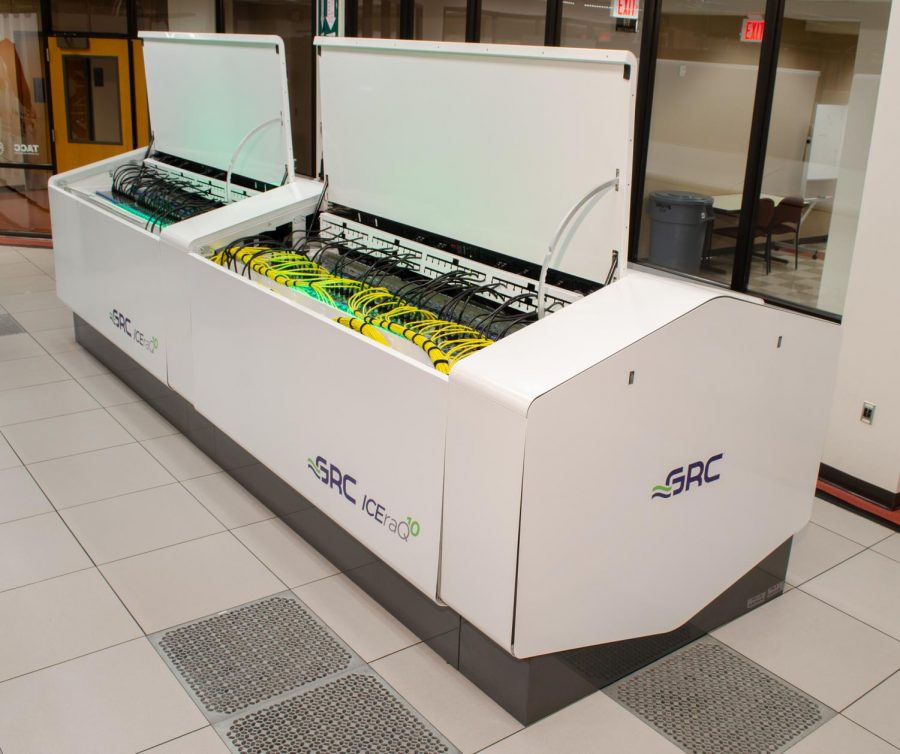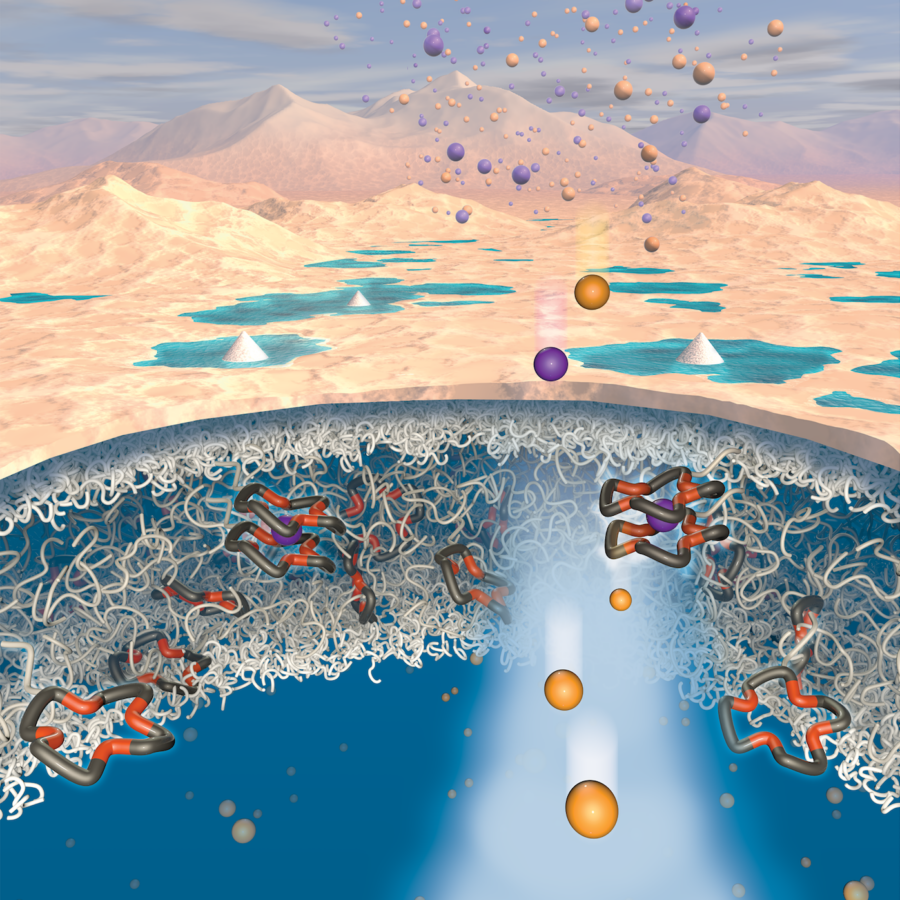Sometimes your “smart” phone doesn’t seem so smart when it dies after watching two YouTube videos. But researchers from UT Austin are developing technology to extend the battery life of personal electronics using ultra-flexible computer chips to increase energy efficiency and consumption.
Batteries in personal electronics contain computer chips, which are covered in billions of semiconductive transistors that act like light switches for electrical currents, according to Sanjay Banerjee, director of the Microelectronics Research Center at the J.J. Pickle Research Campus. Increasing the number of transistors on computer chips makes more energy flow through the chip, and can often lead to overheating of the device, Banerjee said.
“If you look at the use of computers and personal electronics around the world, the energy consumption of these is not insignificant,” said Banerjee. “Around ten percent of electrical energy used … is because of electronics.”
In the United States, consumer electronics accounted for 8.4 percent of residential energy consumption in 2013, according to the Department of Energy.
Banerjee said many everyday electronics like laptops and cell phones use computer chips, which are traditionally made of silicon, a 3D material. The development of 2D materials, which are very thin, sheet-like structures, opens doors for novel properties of electrical conduction that are faster and lower energy, Banerjee said.
“If you could make transistors that could operate at lower power, you could have electronics that would consume far less electrical energy, letting your battery last much longer,” Banerjee said. “Instead of your phone dying every day, it could last you a month.”
The J.J. Pickle Research Campus is funded by the National Science Foundation through the National Nanotechnology Coordinated Infrastructure program, which aims to research materials and electronic devices, the Microelectronics Research Center said in its mission statement.
Since it’s nationally funded, Banerjee said, this allows other universities and tech startups access to its expensive equipment. Because they’re so small, these computer chips must be made in special laboratories called “clean rooms,” which constantly pump super clean air into the room through high-efficiency air filters, according to Banerjee.
“These rooms are much cleaner than even your hospital surgical operating rooms … those are dirty by our standards,” Banerjee said. “The reason it has to be so clean is because the transistors that we are making are tiny compared to the dust particles floating around.”
This technology has the potential to help with issues like global energy consumption and global warming, among other large-scale problems, Banerjee said. He added this gives an advantage to the improved computer chips of the Microelectronics Research Center.





















